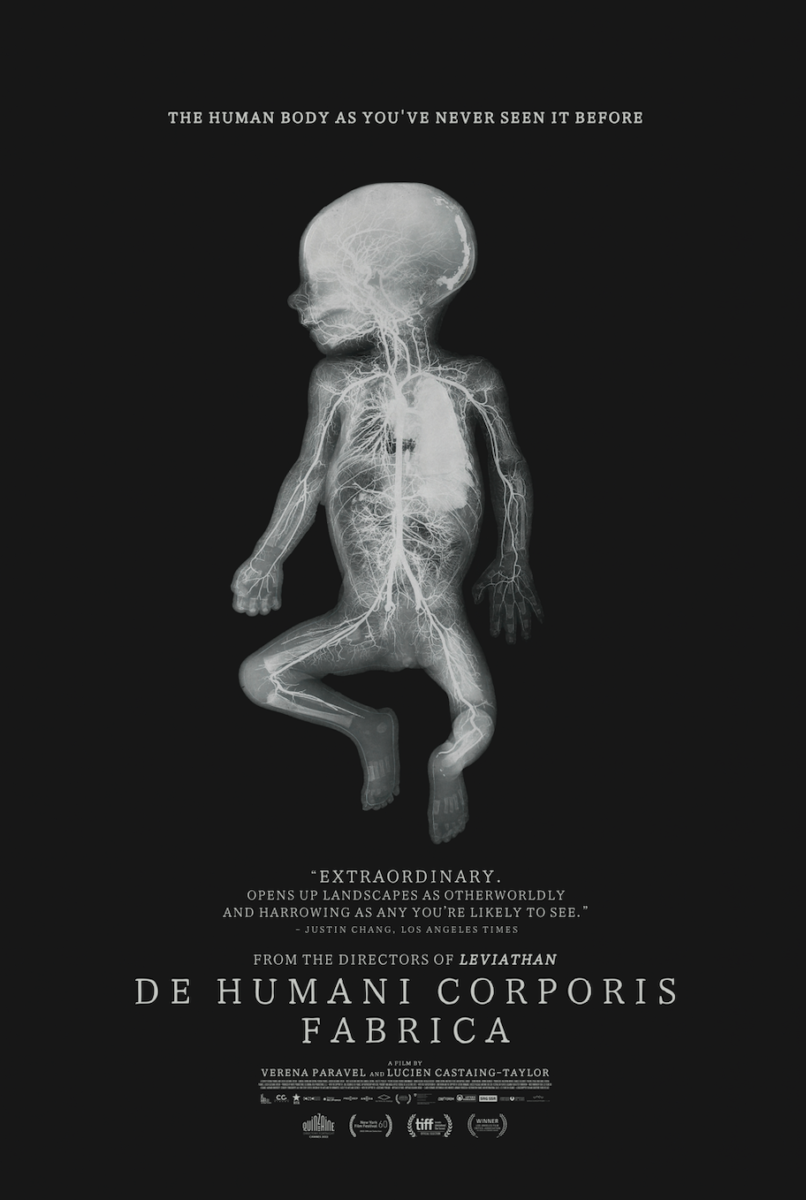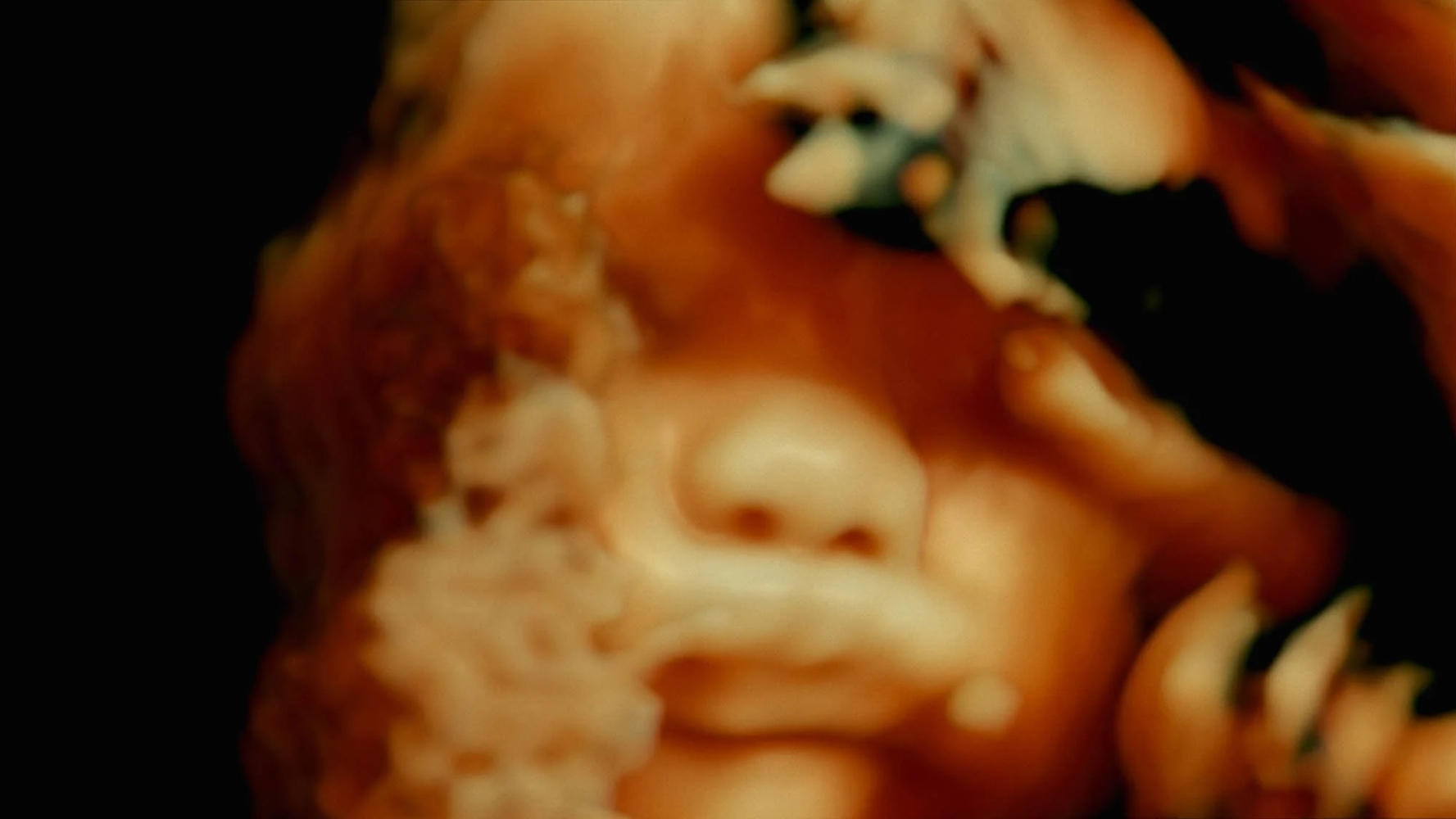There are very, very few filmmakers who’ve rethought and shaken possibilities for the moving image as much as Harvard’s Sensory Ethnography Lab, whose résumé––Leviathan, Sweetgrass, Manakamana, Caniba––almost reads like a syllabus for innovation in 21st-century filmmaking. (Had I not, “full disclosure,” helped release a few of their films over the years, I’d be no less enthused.) This is all a preamble to admitting I can never, ever, under any possible circumstances see De Humani Corporis Fabrica, which applies Verena Paravel & Lucien Castaing-Taylor’s state-of-the-art approach to a surgeon’s ward and the necessary, disgusting work therein. I have heard from more than one person (including our review) it contains things cameras only recently became able to capture, and my response to each is “no, no, no, NO.”
This being said: likely you’re less squeamish than me and will want to see De Humani when it opens at the IFC Center on April 14, Laemmle Glendale on April 28, elsewhere for months to come, and ahead of which Grasshopper Film have unveiled a trailer I hopscotched around and still could not stomach. But maybe I’m missing out. As Rory O’Connor said, “Paravel and Castaing-Taylor’s work in the ESL has never been short on filmic qualities and Corporis is no different: aesthetically expanding on ideas first hinted at in Caniba and Somniloquies, this is at its visual best when their camera (a tiny probing thing called a ‘lipstick camera,’ originally designed to monitor the engines of racing F1 cars) is left to simply sit and watch, observing a lapsed spinal column that appears like some kind of primordial beached whale, or the galaxy-like swirls of detritus being hacked away in some godforsaken piece of inner human piping, or the implantation of an artificial eye lens—an image so alien it at least equals Glazer’s opening to Under the Skin. The directors’ concerns are academic without ever feeling alienating: in the end, this is nothing if not human, after all.”
Find preview and poster below:
Five centuries ago, anatomist André Vésale opened up the human body to science for the first time in history. Today, DE HUMANI CORPORIS FABRICA opens the human body to the cinema. It reveals that human flesh is an extraordinary landscape that exists only through the gaze and attention of others. As places of care, suffering and hope, hospitals are laboratories that connect every body in the world.


